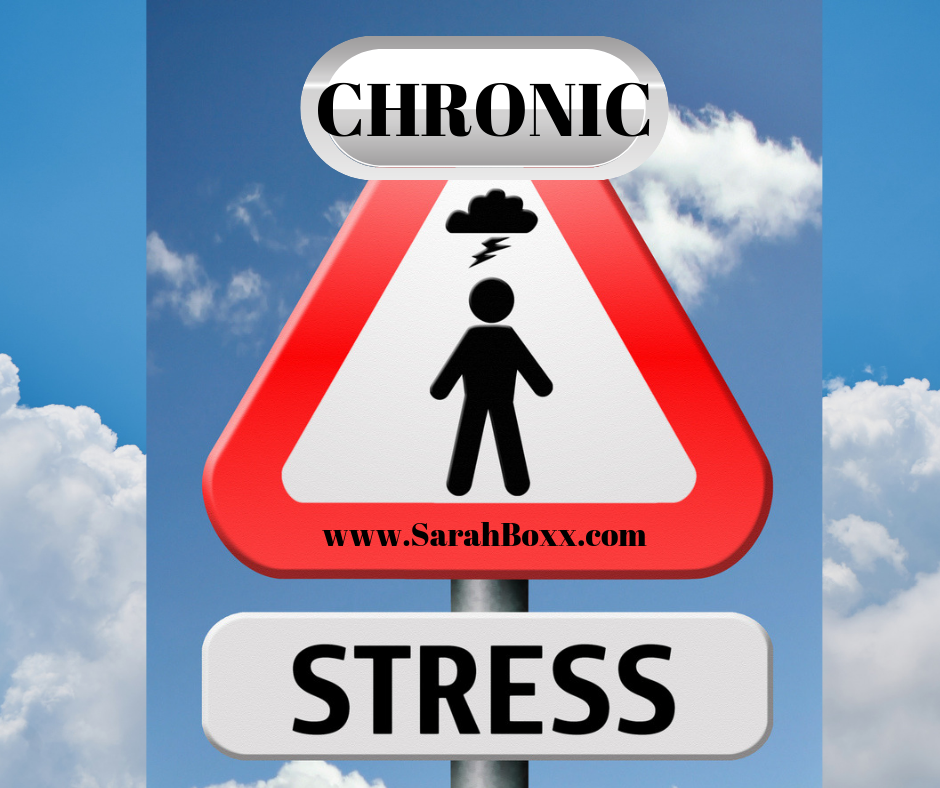Stress. It is a silent but powerful force leaving many individuals feeling overwhelmed, burdened and alone. According to a Gallup survey, eight in ten Americans experience stress in their daily lives. That means, the majority of people you interact with on a daily basis, or perhaps even you yourself, are feeling the effects of chronic stress.
Chronic stress can affect nearly every aspect of your life. Haven’t been sleeping well? Do you constantly feel like there isn’t time to exercise or to prepare healthy meals? Is the thought of going to work, or perhaps going home to a house that needs cleaning and children that need to be fed, overwhelming?
If you find these statements relatable, it’s possible you could be suffering from chronic stress. Unfortunately, your personal stress doesn’t just affect you. Untreated chronic stress wreaks havoc on relationships.
During challenging or stressful seasons of life, our most significant relationships, such as those with close friends or a spouse, often take the greatest hit. Think about seasons in your life that you would define as “stressful.” Perhaps you’ve had a particularly challenging time at work. Or maybe you have several young children and life constantly feels a bit chaotic. What were your relationships like during those seasons?
You may find yourself bickering more with your spouse or distancing yourself from your friends. Consequently, seasons of chronic stress often feel isolating and lonely.
One reason for the breakdown in relationships is that chronic stress often brings out our worst traits. A typically patient mother may find herself snapping at her children. After a long workday, an overworked individual may find themselves lacking the energy to help around the house. In states of chronic stress, we often give those closest to us the worst version of ourselves.
In most relationships, the occasional bad day can (hopefully) be forgiven. However, when untreated chronic stress leads to patterns of bad behavior, you inevitably will push away friends and family who get tired of dealing with your sour moods. Truthfully, can you blame them?
Chronic stress doesn’t just affect how people think and feel about you, according to Dr. Amie M. Gordon, “you are more likely to notice negative behaviors and less likely to stop yourself from reacting badly to them.” Your coworker’s alternative way of doing things now seems obnoxious rather than innovative. Your child’s adorable quirks have become annoying. You may find that people you once enjoyed spending time with are consistently riding your last nerve.
Through the way we present ourselves and the way we perceive others, chronic stress often leads to social withdrawal, increased conflict and ultimately a breakdown in relationships.
Unfortunately, those times, when you feel the most alienated or alone, are the times when a solid support system is most needed.
Whether it be a spouse, a close friend or coach, when dealing with chronic daily stress, it becomes even more necessary to have people to help you process your daily stressors and to hold you accountable for maintaining healthy habits.
Chronic stress doesn’t have to ruin your relationships! It’s time to take back control over your relationships and your life and make the intentional choice to put your best foot forward in relationships. Grab your FREE (no sign up or opt-in required) checklist to help you quickly identify areas you want to address and give unnecessary stress a kick to the curb.







